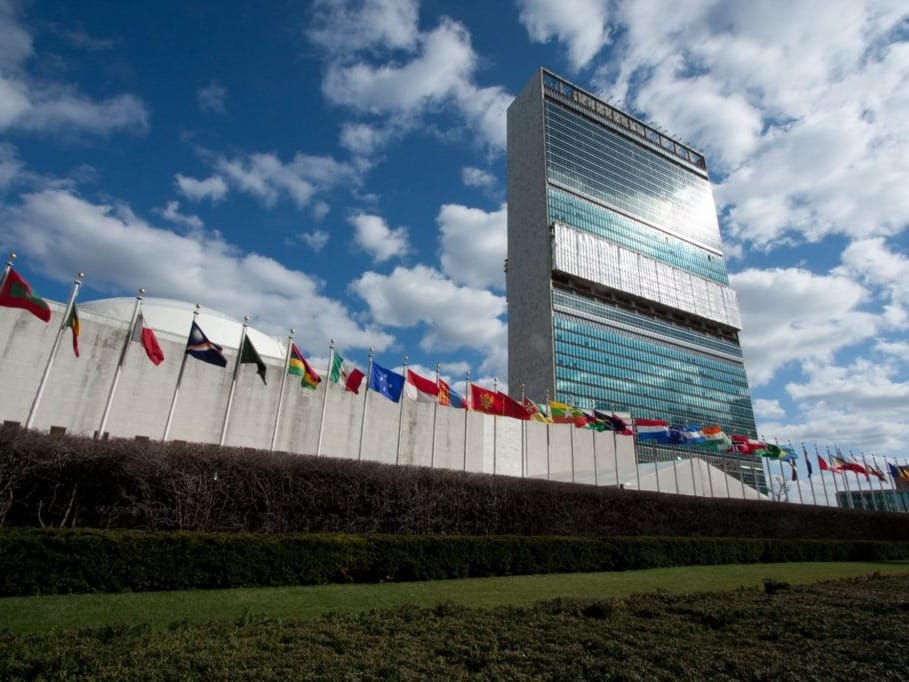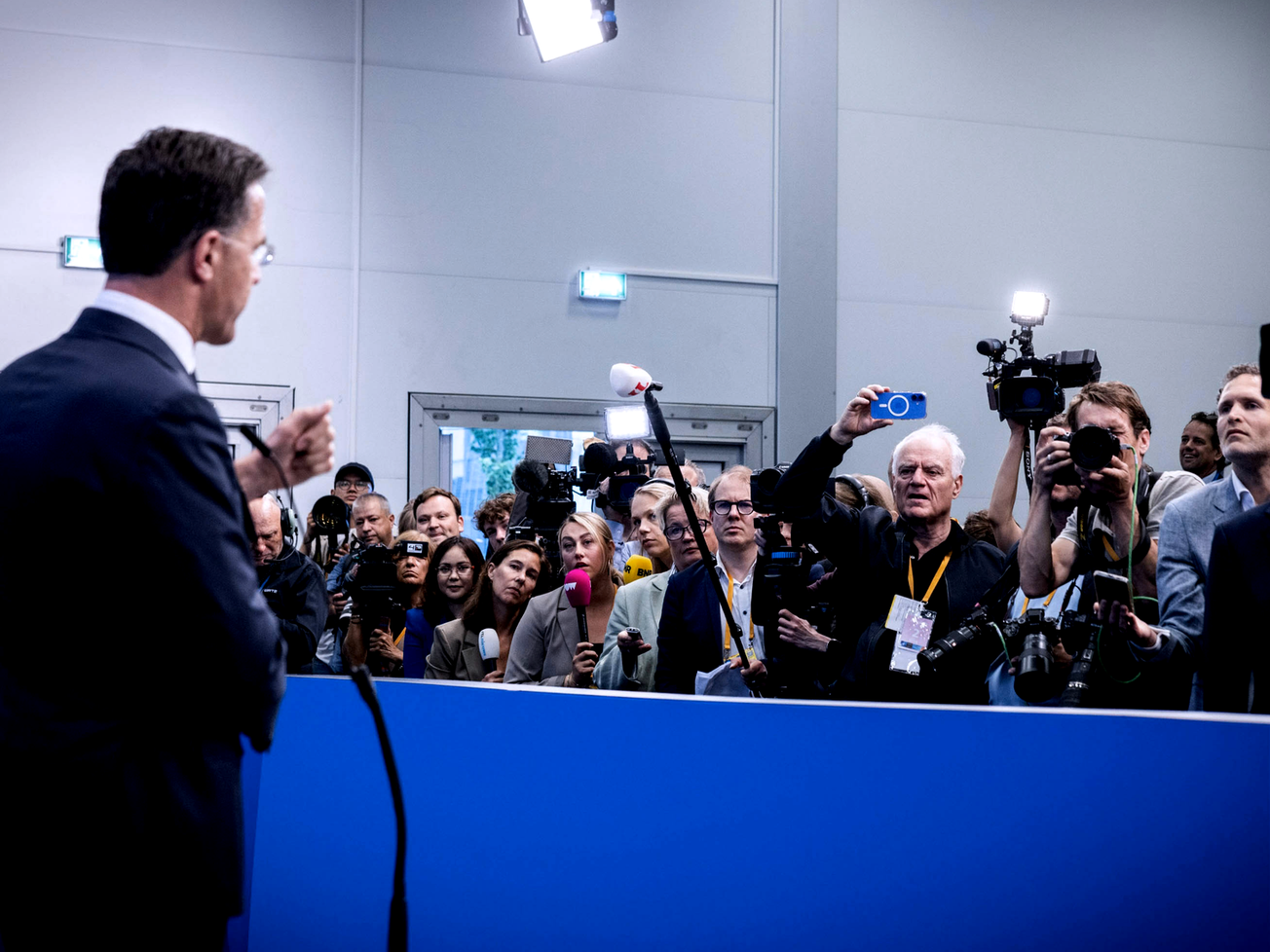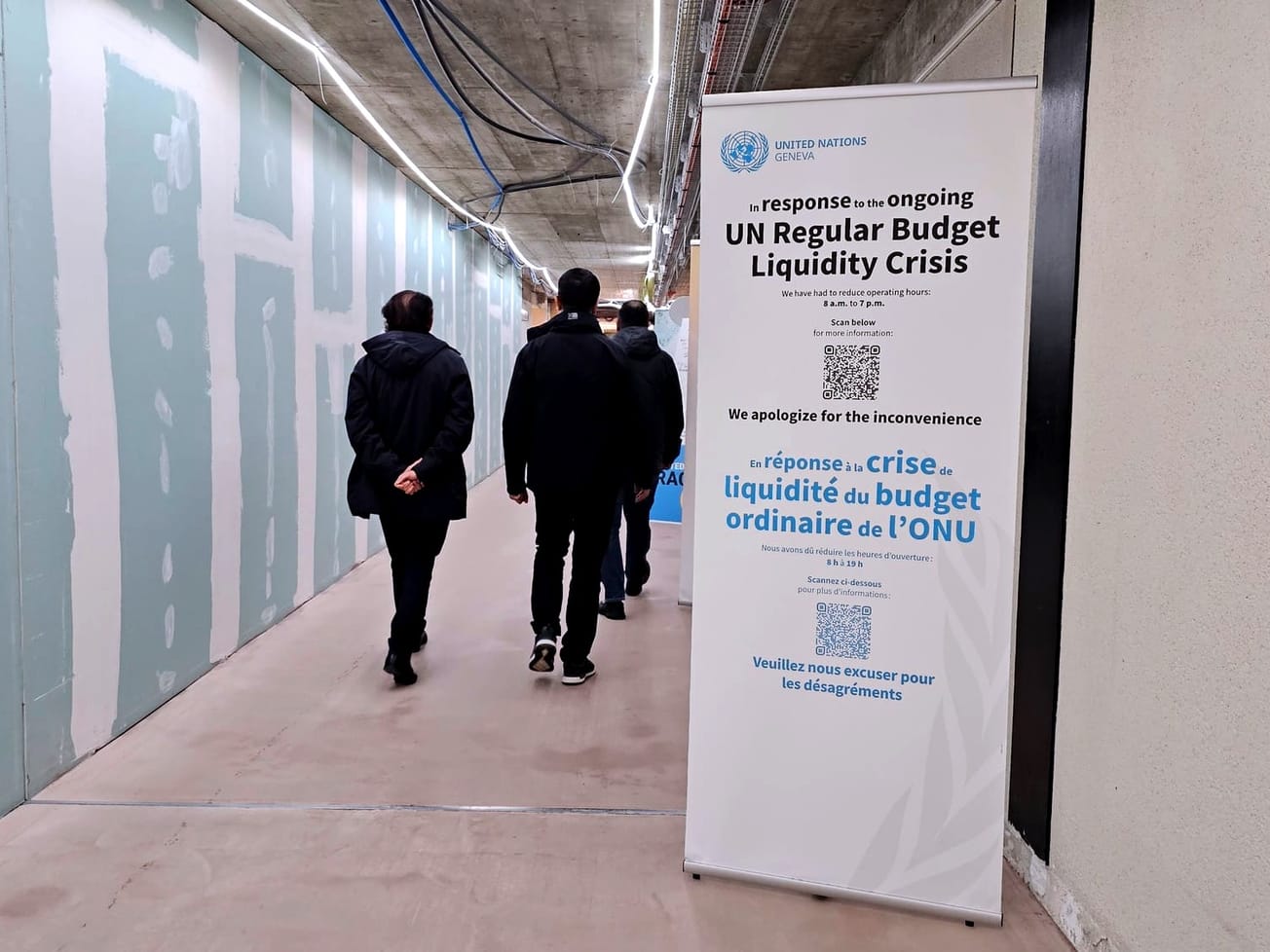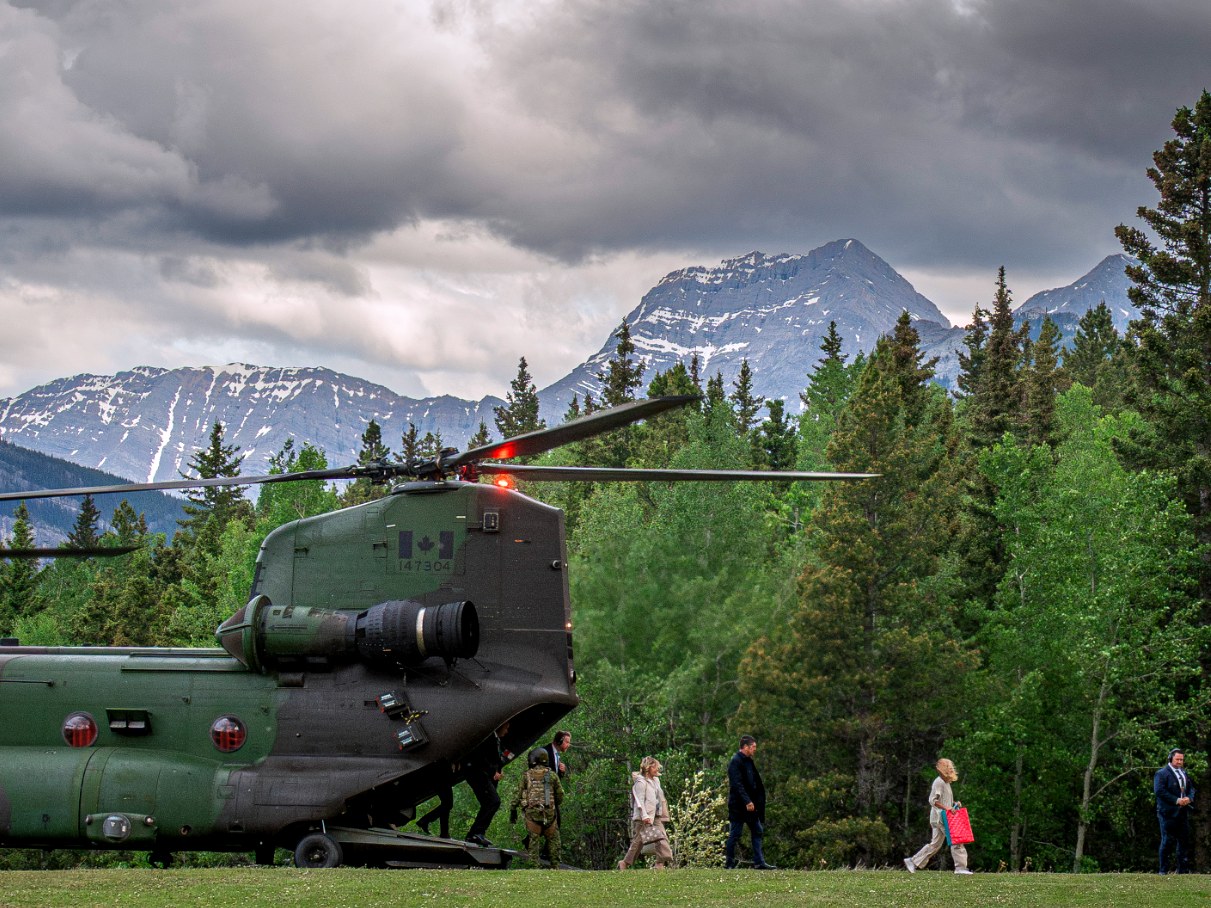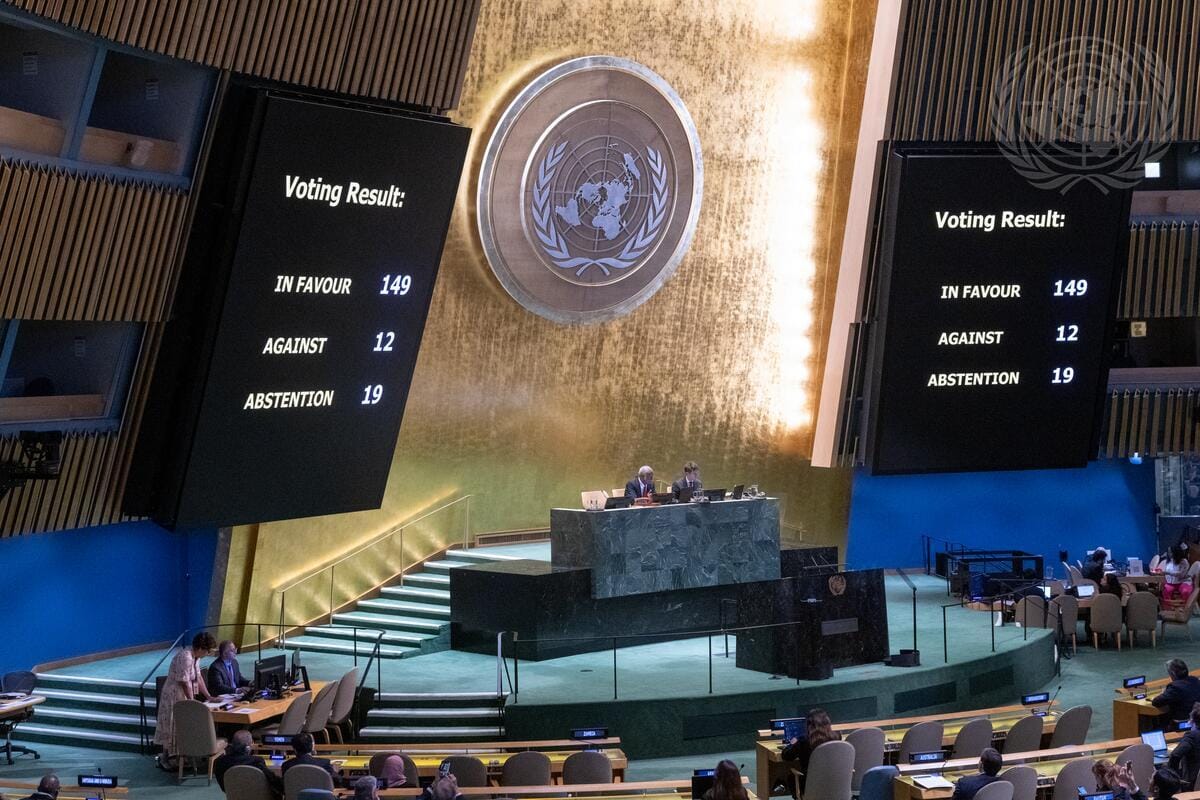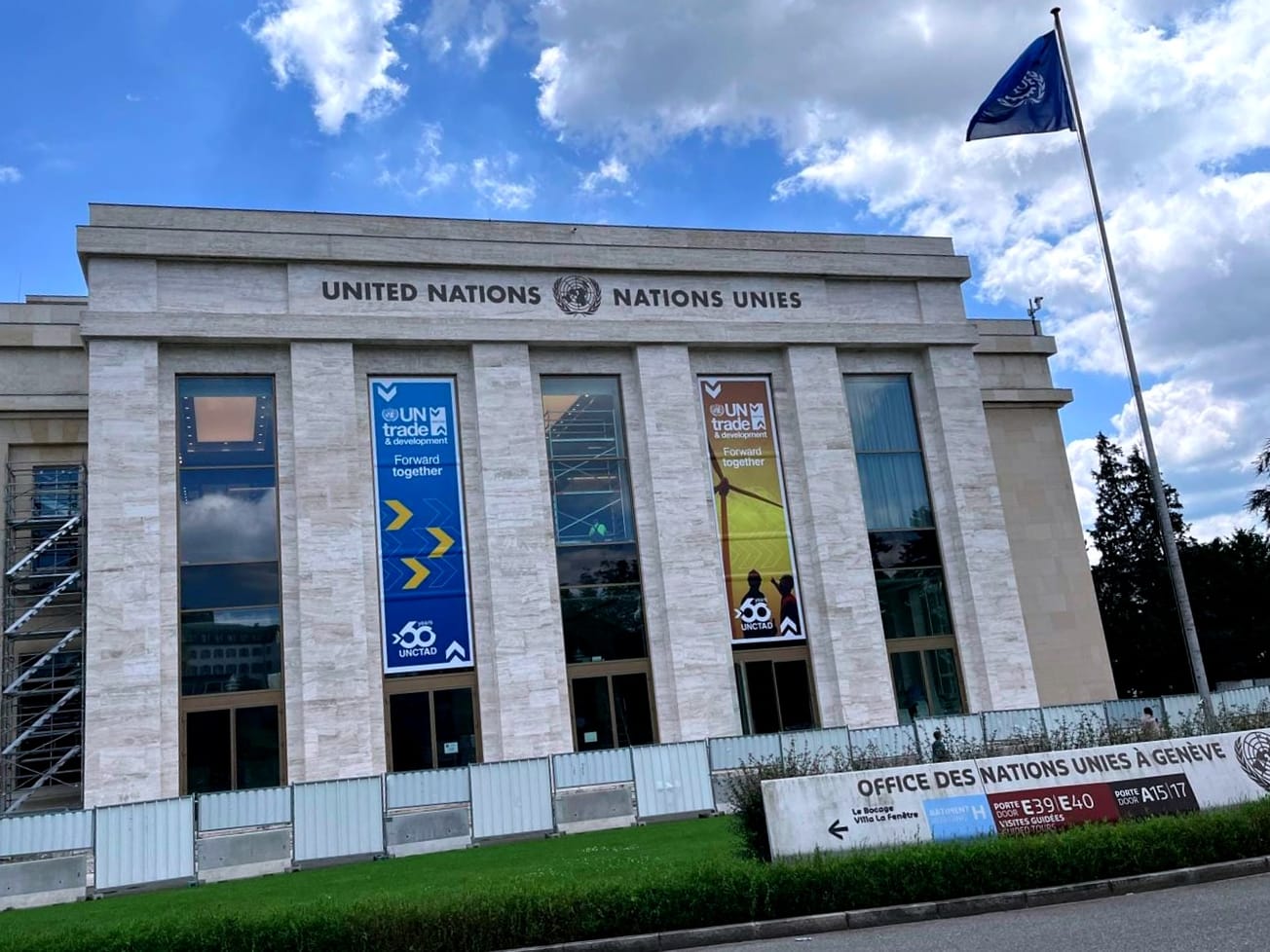UNITED NATIONS (AN) — The United Nations could run out of money by the end of this month in the worst budget crisis that the world body has faced in at least a decade, U.N. Secretary-General António Guterres warned member nations.
Introducing the U.N.'s proposed programmatic $2.87 billion budget for 2020, Guterres said on Tuesday the U.N. runs the risk of depleting its liquidity reserves by the end of the month and defaulting on payments to staff and vendors.

